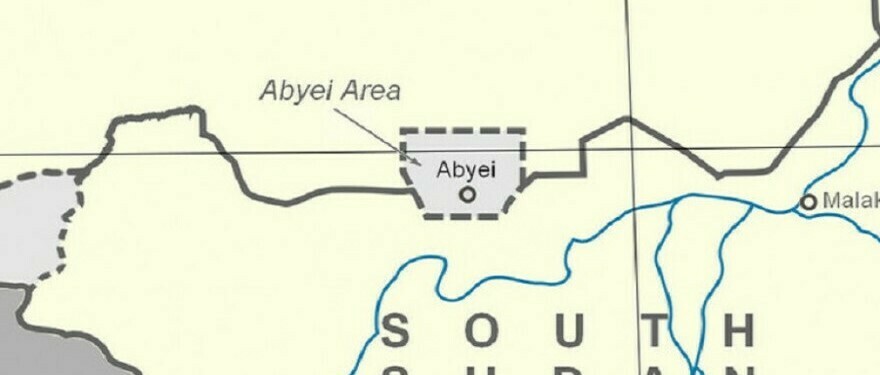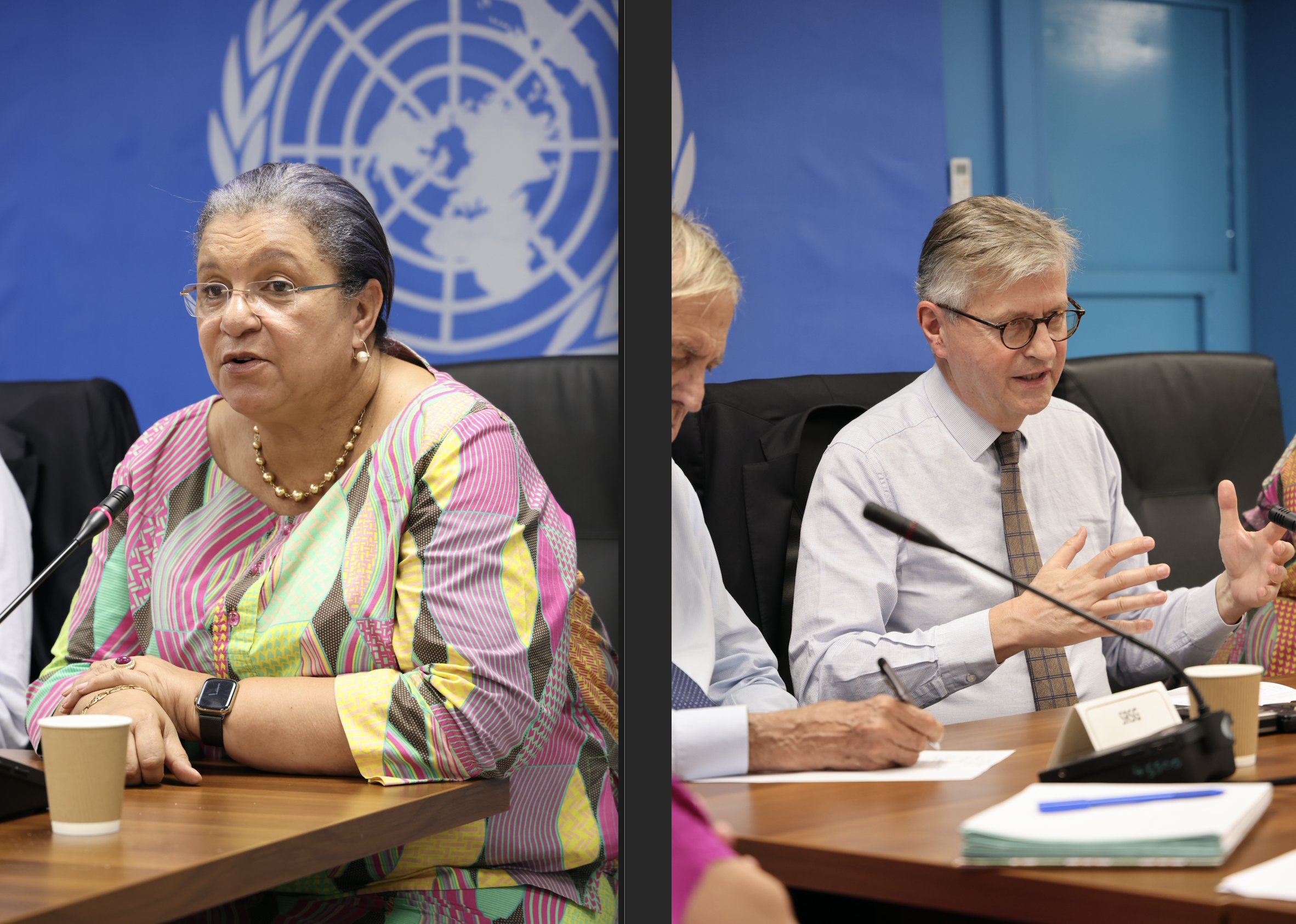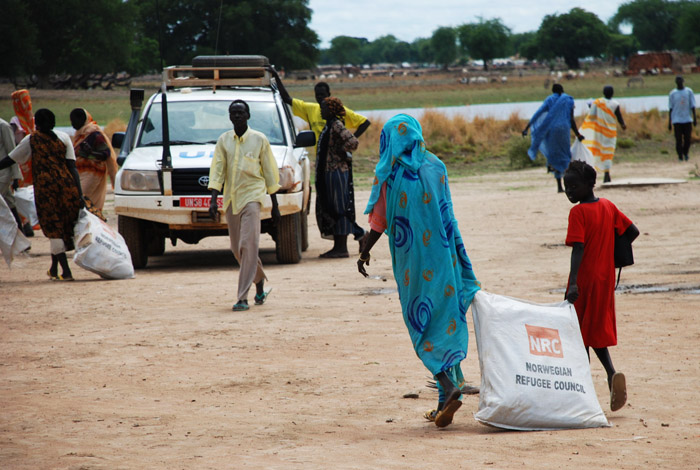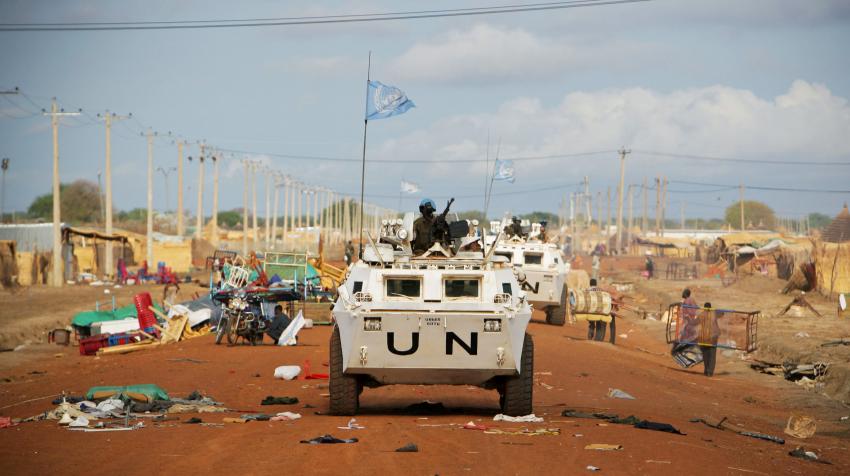The Sudan conflict will delay the final status of Abyei
29 February 2024
The ongoing conflict in Sudan means that the final status of Abyei is unlikely to be resolved anytime soon, according to the United Nations.

The Special Envoy of the Secretary-General to the Horn of Africa made the remarks last Friday in a joint Press Conference with the UN Undersecretary General for Peace Keeping Operations, alongside the head of the United Nations Mission in South Sudan (UNMISS) after a week’s tour of the contested area, following recent clashes there that killed peacekeepers and civilians alike.
“I think that it’s important even though the final status of Abyei has not been resolved and is unlikely to be resolved anytime soon, given the conflict in Sudan,” said Envoy Hanna Serwaa Tetteh.
Since mid-April last year, a war of political and economic dominance erupted between Sudan’s army and the paramilitary Rapid Support Forces (RSF), causing over 10 million people to be displaced, with over half a million relocating to South Sudan. The oil-rich, restive Abyei area has been continually contested between Sudan and its southern neighbour. For 13 years, the status of Abyei -whether part of South Sudan or Sudan– has been contested.
Communities in Abyei and neighbouring Twic from Warrap State have been embroiled in a bitter conflict in the past two years over their shared border, a conflict that has killed tens of civilians and two peacekeepers from the United Nations Interim Force for Abyei (UNISFA).

While commending the courage of UNISFA in protecting civilians, the envoy explained her statement on the status of Abyei further. “Even if we were able to do so, what would be the guarantee that any agreements reached could be implemented, especially if there’s any change due to the ongoing conflict situation?” Tetteh explained.
Undersecretary-General Jean Pierre Lacroix added his voice by stressing that pressing for a decision on Abyei’s status, at this stage, could lead to further instability. “I mean it’s by definition an unresolved situation whereby or because of which there can be more risk for tension and violence,” Lacroix said. “This is why, we need to be extremely committed to preventing that and, regarding the Twic and the Ngok, of course, mitigating and reverting to that pre-violence situation’” Lacroix said.
The challenge that currently exists in Abyei is not on the northern side of the Abyei Administrative Area; it is on the southern side, Tette said. The current conflict is an inter-communal one within the South Sudanese community whereby Sudan’s war should not jeopardize any peace efforts in Abyei, she added.
While admitting the existence of tensions and mistrust among the communities, Lacroix said they have urged authorities in Abyei and Warrap communities, and civil societies to focus on how to overcome it. “What we are aware of as well is that those two communities, the Twic and the Ngok, were not fighting each other a year ago, and they hadn’t been fighting each other for quite some time,” Lacroix said. “Indeed, they had been coexisting peacefully.”

Humanitarian Aid
In making the case for more humanitarian aid for the people of Abyei, the undersecretary did acknowledge the lack of resources and events in Sudan jeopardizing humanitarian aid delivery despite his commitment and conviction for more aid for Abyei.
“The communities in Abyei are all suffering. They’re suffering from a lack of resources, lack of services, and the impact of climate change. We have been constantly advocating more humanitarian support to those communities irrespective of who they are, where they’re hailing from,” he stressed.
The Abyei Area is an area of 10,546 km² or 4,072 sq mi on the border between South Sudan and Sudan that has been accorded “special administrative status” by the 2004 Protocol on the Resolution of the Abyei Conflict in the Comprehensive Peace Agreement that ended the Second Sudanese Civil War.


